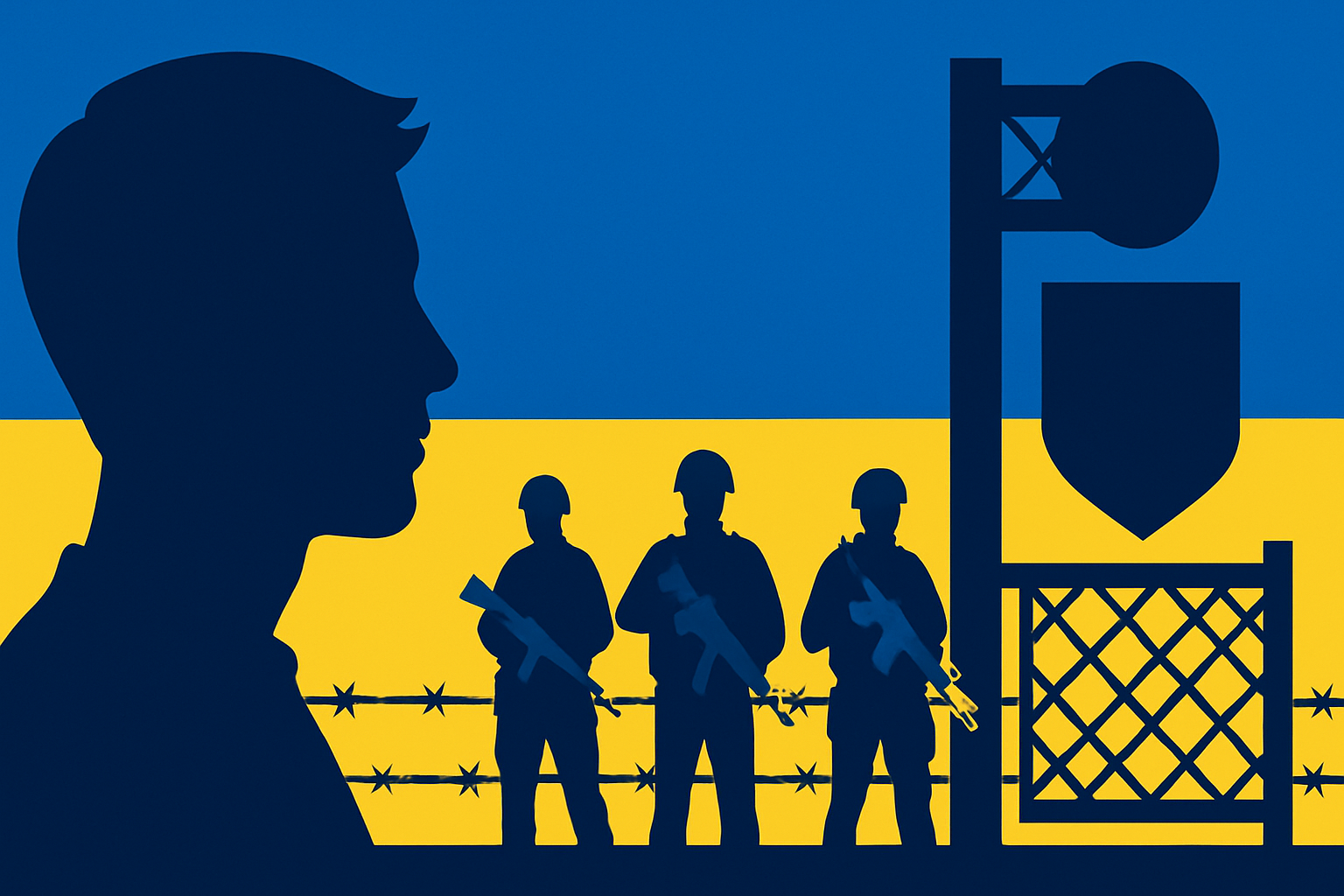The United States has indicated it is prepared to play a critical supporting role in any western-led security arrangement for postwar Ukraine, offering intelligence, surveillance, and air defence assets to bolster a European-led force, according to European and Ukrainian officials.
President Donald Trump told European leaders last week that Washington would join in “co-ordination” of security guarantees for Ukraine, a measure Kyiv has sought to deter future Russian aggression once a peace deal is reached.
US Contribution: “Strategic Enablers”
American officials clarified that Washington is not considering deploying ground troops, but rather providing what they call “strategic enablers.” These include satellite-based intelligence, surveillance and reconnaissance (ISR), command and control systems, and air defence capabilities such as Patriot missile support. Officials noted this would also involve US aircraft, logistics, and radar support to sustain a European no-fly zone and defence shield over Ukraine.
Such backing, however, depends on European capitals committing to deploy tens of thousands of troops. The proposal marks a shift in the Trump administration’s position, as Washington had previously ruled out participation in post-conflict guarantees.
European-Led Coalition, US Backbone
The plan under discussion envisions three layers of security:
- A demilitarised zone along the frontline, potentially patrolled by neutral third-party peacekeepers.
- Ukrainian forces, armed and trained by NATO militaries, defending a fortified border.
- A European-led deterrence force stationed deeper inside Ukraine, supported by US intelligence and air power from the rear.
Andriy Yermak, chief of staff to President Volodymyr Zelenskyy, confirmed the discussions, noting that “each country in the coalition will contribute differently” and that US support “can provide the backbone that makes the whole security and deterrence architecture work.”
Challenges and Reactions
While the offer has encouraged European officials, domestic opposition in many EU states remains strong regarding troop deployments. Defence Secretary Pete Hegseth and others in Trump’s administration are also cautious, warning of potential entanglement in future conflicts.
The Kremlin has so far rejected Trump’s idea of a peace summit between Russian President Vladimir Putin and Zelenskyy. Moscow continues to insist on conditions—including territorial control—that Ukraine has called unacceptable.
European Commission spokesperson Paula Pinho confirmed that national security advisers are now tasked with detailing how security guarantees might work in practice, with further proposals expected soon.








